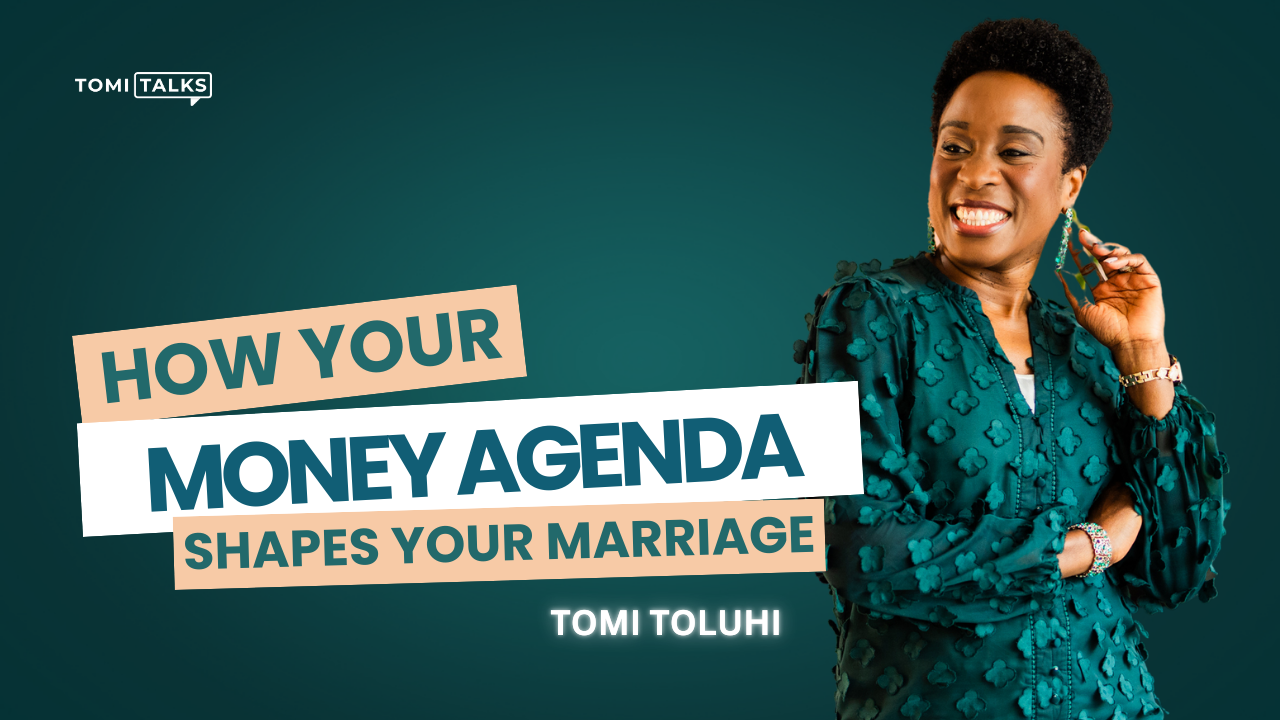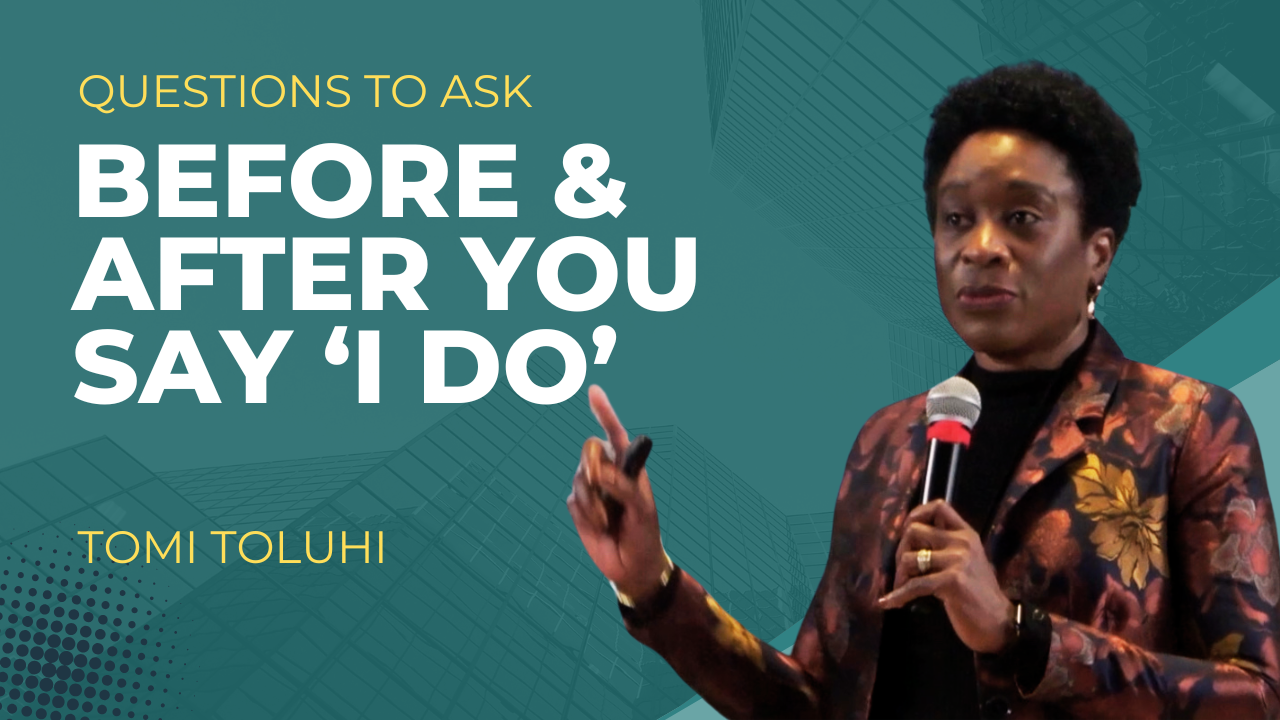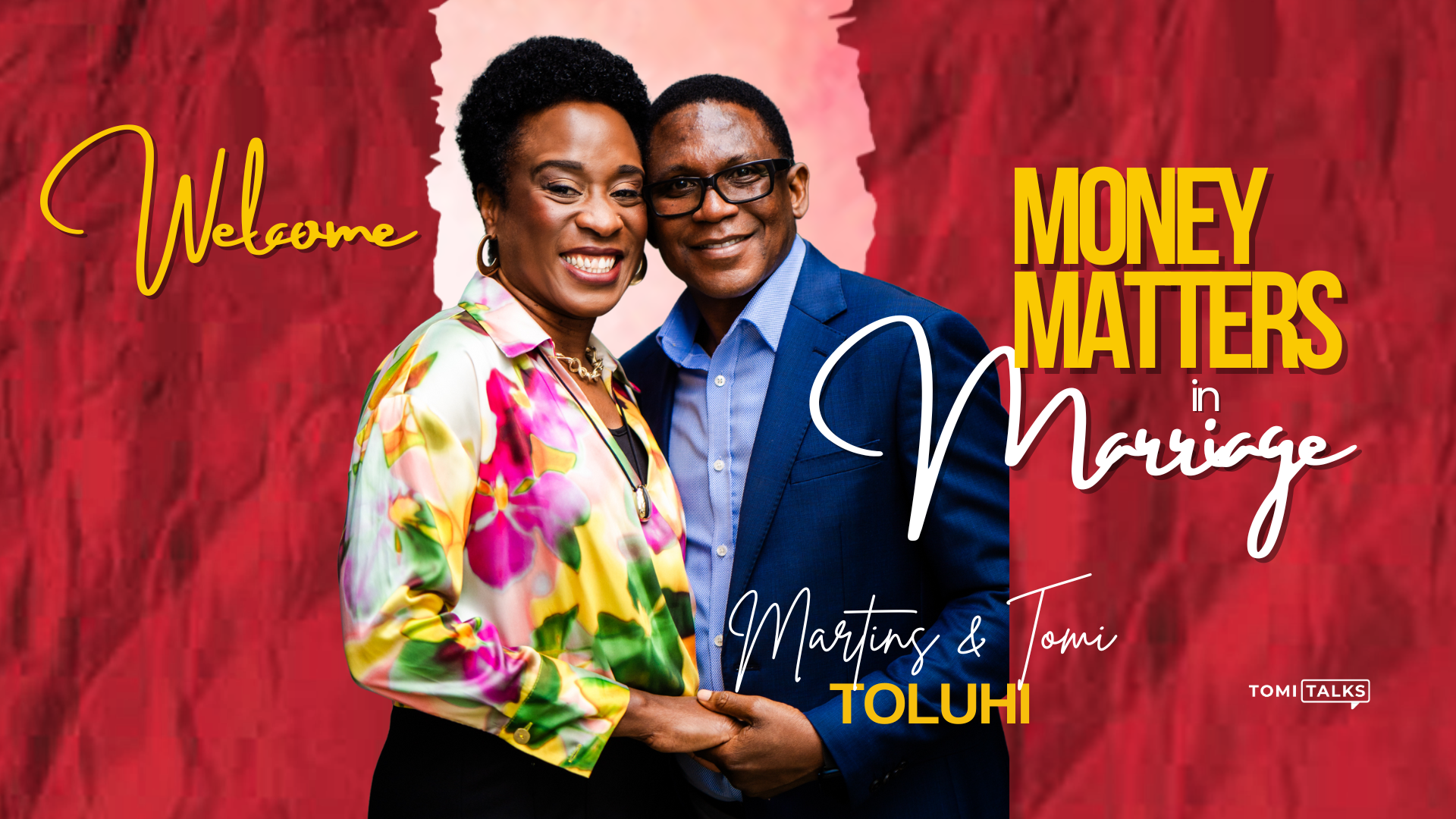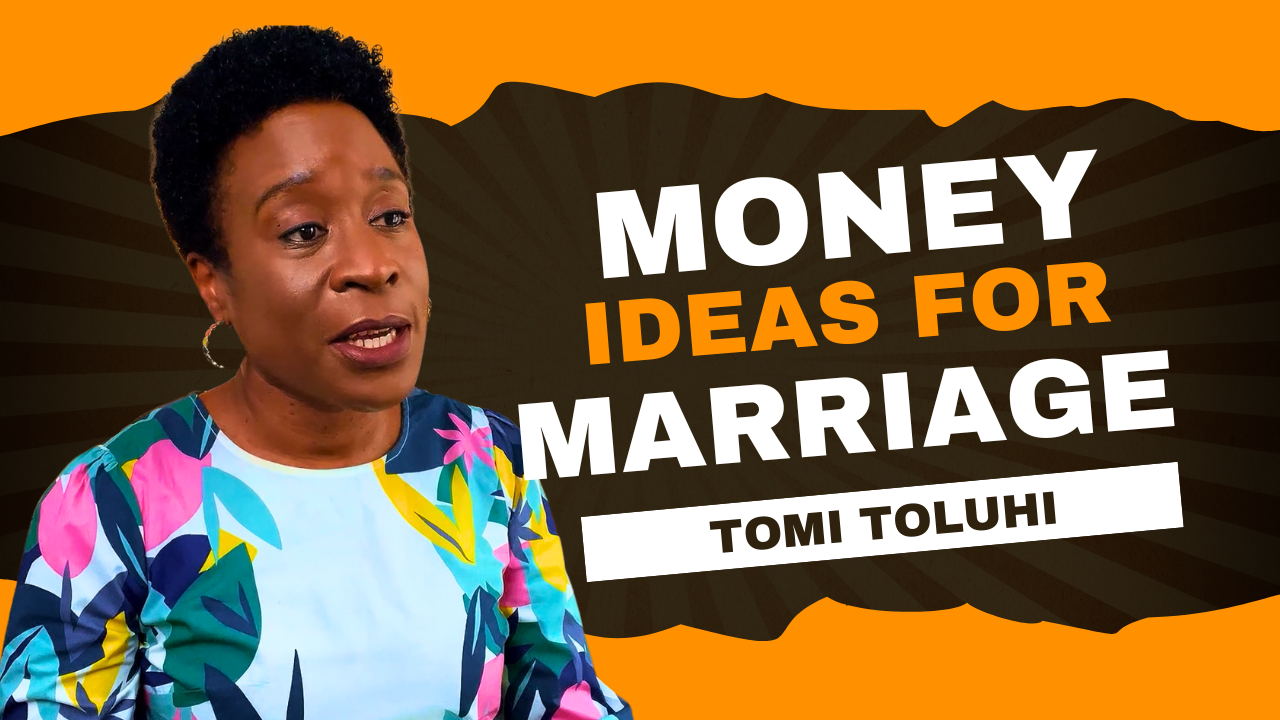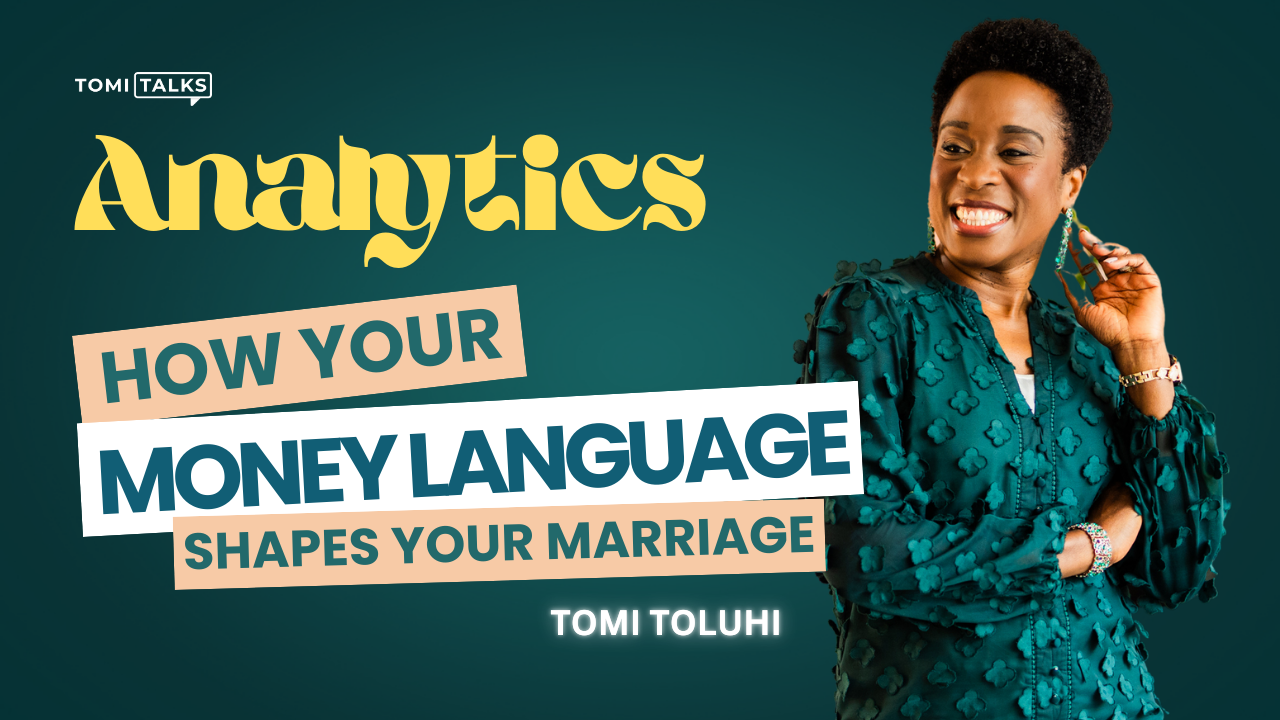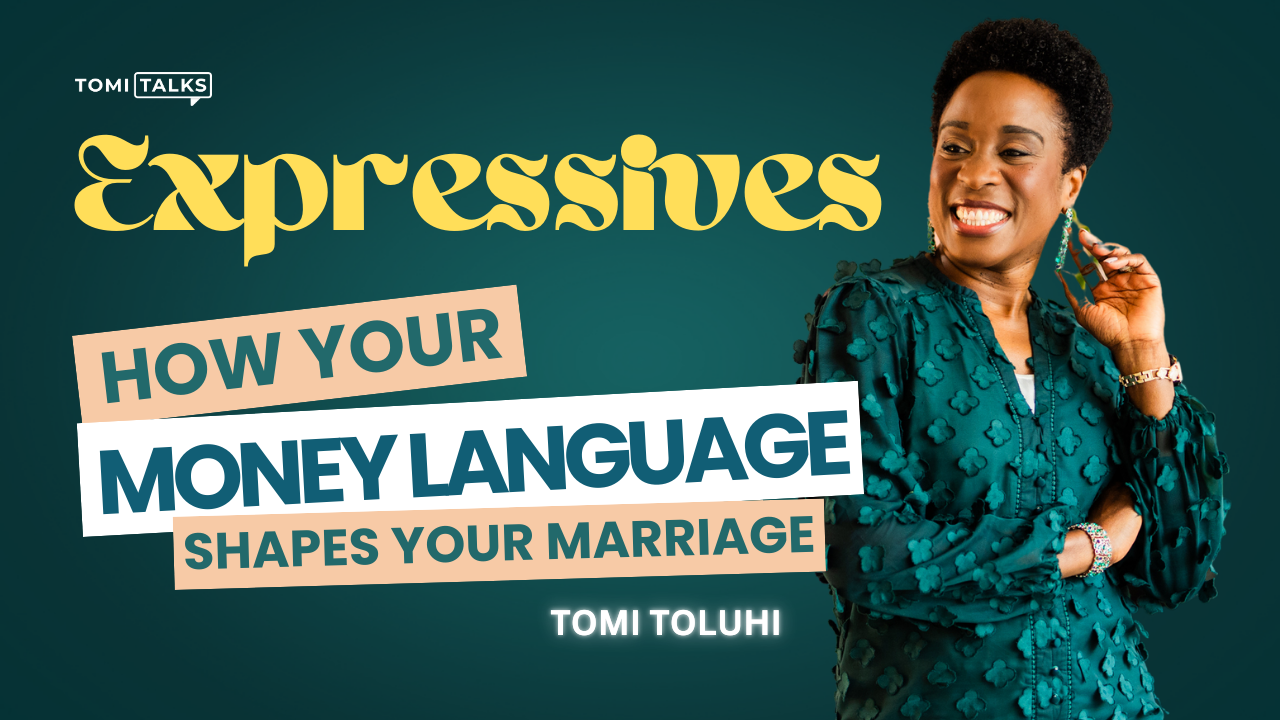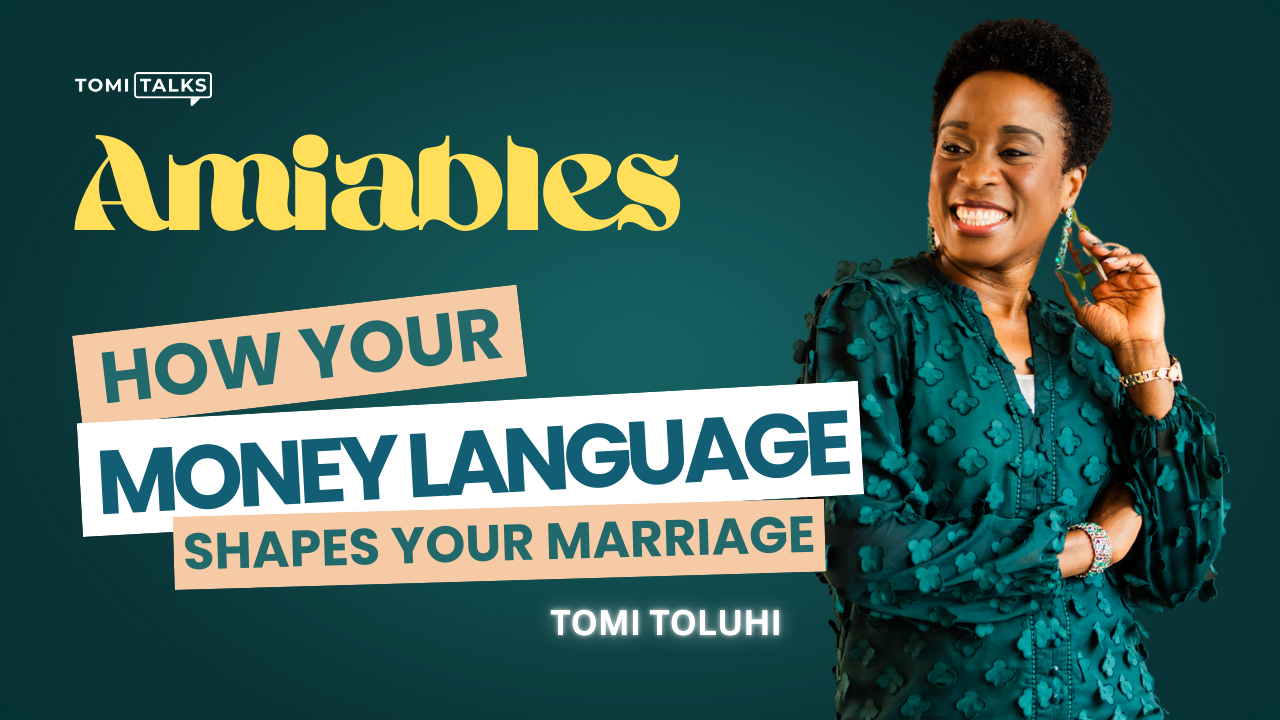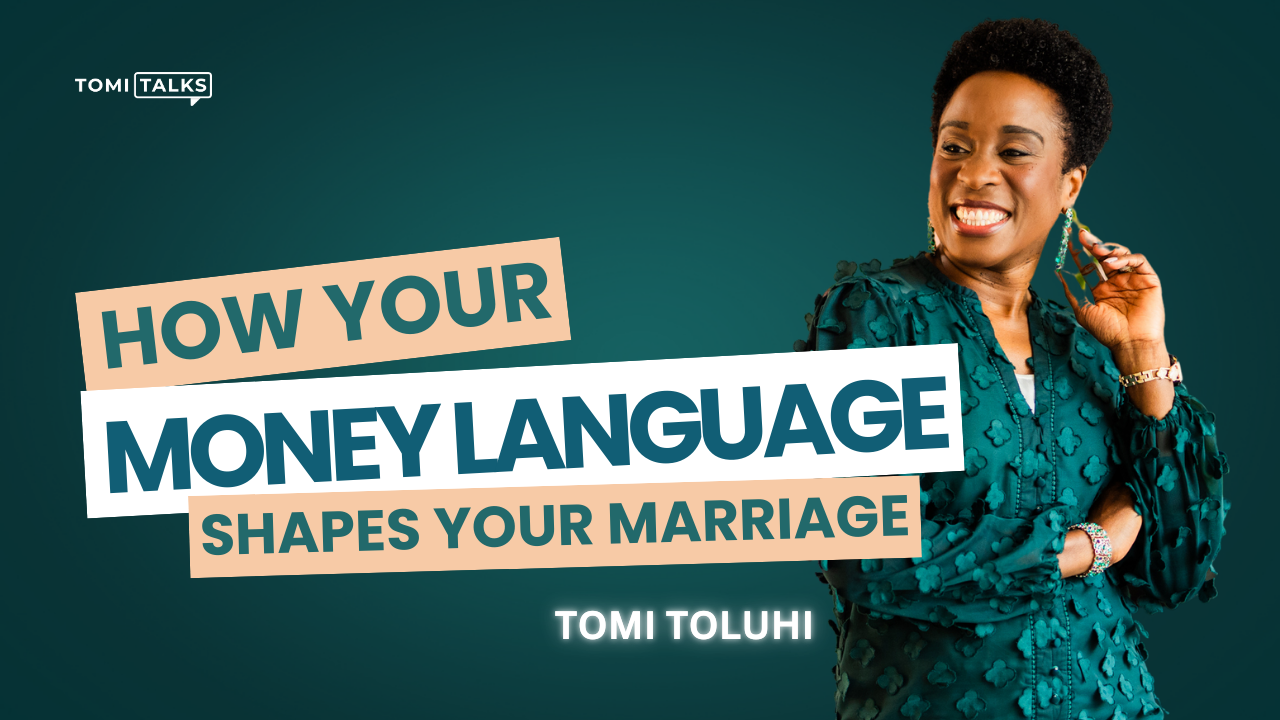Why domestic abuse is never right
It was just after midnight and I settled into bed anticipating a good night’s sleep after a very busy day. The street light outside the window illuminated the curtains in our bedroom and created pretty patterns on the wall. As I closed my eyes and began to drift off, I heard voices raised in argument coming from the street below. I got up and padded to the window, peeping out to see what the noise was about. She was a pretty, twenty-something-year-old blonde and from the way she was dressed she was probably on her way from a party with the young man she was arguing with. I couldn’t hear what the argument was about but just as I was about to turn and head back to bed, I heard a sickening crash. His slap flung her against the rubbish bins outside the house in front of which they were standing. As she fell to the ground screaming, he followed on with one kick and then another and then turned abruptly to walk up the street.
I stared transfixed at her weeping figure, wondering whether to call the police…then she began to call out his name. She scrambled to her feet, high heels in hand and began to follow him down the road, calling his name as she hobbled along. He turned briefly, looked at her with palpable disgust and just kept walking…and she kept following. As she disappeared out of sight, I was shaken…astounded, not only by the cruelty of a man who could hit a lady but also by a lady who would not turn around and walk away permanently from such an abusive situation. It was possibly not the first time it had happened. It was likely she did not believe she deserved any better…
A silent cancer
Domestic abuse is a silent cancer that affects untold numbers of homes. Statistics suggest that as many as 1 in 4 women will be affected by domestic abuse in their lifetime. Equally surprising is that while 85% of victims are women, at least 15% percent are men. A recent BBC News report of the killing of solicitor David Edwards by his wife, Sharon, catalogues a history of her bullying and beating him throughout their two-year relationship, including a beating which gave him a black eye for their wedding. For me, this particular story destroyed the stereotype of domestic abuse victims. He was a man and a solicitor who could have seen his wife prosecuted for her abuse, yet he felt powerless to stop it until he paid for his inaction with his life. For every David Edwards out there who never lived to tell the story, there are countless women suffering the incredible pain of abuse, intimidation and fear in the hands of a partner. Even more troubling is that the worst form of collateral damage in an abusive relationship is often the children who grow up in abusive environments and are severely traumatised by it; the very children the woman seeks to protect by keeping silent in the first place, even when her life is endangered.
Domestic abuse in the Church
One of the surprising things about domestic abuse is that not only does it cross racial, ethnic and social boundaries; it also surfaces in ‘Christian’
homes and is often downplayed by the Church. We deny that the problem exists or we blame the victim for provoking the abuse and try to encourage them to modify their behaviour in order to avoid being abused. What we fail to acknowledge is the fact that in any abusive situation, the abuser should bear the responsibility, not the abused. Nobody deserves to be abused and there can be no justification for it whatsoever. Our commitment to the sanctity and permanence of marriage should not lead us down the route of excusing abusive behaviour simply to keep a marriage physically intact. God hates divorce but He also hates marital violence as the scriptures make clear in Malachi 2:16 (AMP), ‘For the Lord, the God of Israel, says: I hate divorce and marital separation and him who covers his garment [his wife] with violence. Therefore keep a watch upon your spirit [that it may be controlled by My Spirit], that you deal not treacherously and faithlessly [with your marriage mate].’
If we are honest, a lot of the time we turn a blind eye because the problems created by domestic abuse and attempts to help the victim are too complex, so we try to wish the problem away. We forget that Jesus always stood up for the oppressed and as a Church it is our responsibility to reach into such situations and minister healing and hope. There is nothing in the teachings of scripture that could ever suggest that domestic abuse is even remotely acceptable. Ephesians 5:25, 28-29 is unequivocal in challenging men to love their wives sacrificially. ‘Husbands, love your wives, as Christ loved the church and gave Himself up for her…Even so husbands should love their wives as [being in a sense] their own bodies. He who loves his own wife loves himself. For no man ever hated his own flesh, but nourishes and carefully protects and cherishes it, as Christ does the church…’ When a man recognises his wife as being, in a sense, his own body, it becomes fairly obvious that abusing her is a senseless act of self-violation.
Busting the myths
There are countless myths about domestic abuse which make it difficult for victims to find the help they need. Possibly the most insidious myth is that being a ‘good wife’
will prevent a woman from being abused. The reality is that violence is like an addiction and a violent man will find something to react negatively to, regardless of how ‘good’
his wife is. Furthermore, domestic abuse is really not a consequence of provocation because the same man may be provoked by his boss or a work colleague but he does not respond by beating them up. Furthermore, contrary to popular belief that abuse is a result of ‘anger issues’
, most domestic abuse is systematic and premeditated, not a momentary loss of self-control due to anger. We all feel angry from time to time but we do not assault another person because of that. Anger is a normal feeling which we learn to control; physical violence is not normal behaviour in response to anger. One further myth is that domestic abuse will not reoccur if the perpetrator is apologetic. Often, the violent partner seeks to control the victim by switching between being charming and apologetic one moment and violent the next. This often creates confusion in his wife who loves the good side of him and sincerely hopes this time will be the last time. The reality is that once domestic abuse becomes a frequent pattern, it never ends spontaneously without outside intervention.
Don’t ignore warning signals
If you are in a relationship with someone and you are experiencing emotional or physical abuse, don’t ignore it. Marriage will not make it better; it is guaranteed to make it worse. It is a misguided belief that violent behaviour is evidence that a man loves you deeply. Violence is dysfunctional behaviour and regardless of how charming or wonderful a man can be at times, any signs of violent behaviour in a courtship are only a tip of the iceberg of what he’s capable of. Most women who end up married to abusive partners confess that they saw the signs before marriage but chose to ignore them. You deserve to be loved, cherished and protected by your husband. Don’t sell yourself short by marrying someone who does not treat you with the tender care and respect which scripture commands.
What to do if you’re a victim
If you are a victim of domestic abuse, it can be a scary situation. Many women choose to stay silent in such situations for various reasons; to protect their children, because they are financially dependent, or even for fear of reprisal if they choose to speak up. No woman deserves to live in constant fear and your first step should always be to seek out someone who can support you spiritually and emotionally in this difficult time. Seek out an experienced marriage counsellor, pastor or a trusted friend who can help you gain some perspective in the situation and analyse your options. Don’t suffer in silence. One size does not fit all so you will need to speak to someone trustworthy who can help you assess your peculiar situation and how best to approach it. Sadly, in some instances the only reasonable course of action is to remove yourself from harm’s way. There’s no point in trying to save your marriage if you lose your life in the process.
Stopping abuse
If on the other hand you are the perpetrator of violence in your home, God calls you to change your heart and seek help. Violence is often a symptom of deeper issues and you need to speak to someone who can counsel you, lead you on the path of repentance and hold you accountable. You can stop the cycle of violence in your home today if you turn to God with your whole heart and let Him change you.
If you are currently in an abusive situation, reach out and ask for help. Don’t suffer in silence. Seek outside intervention by speaking to a trusted counsellor.
